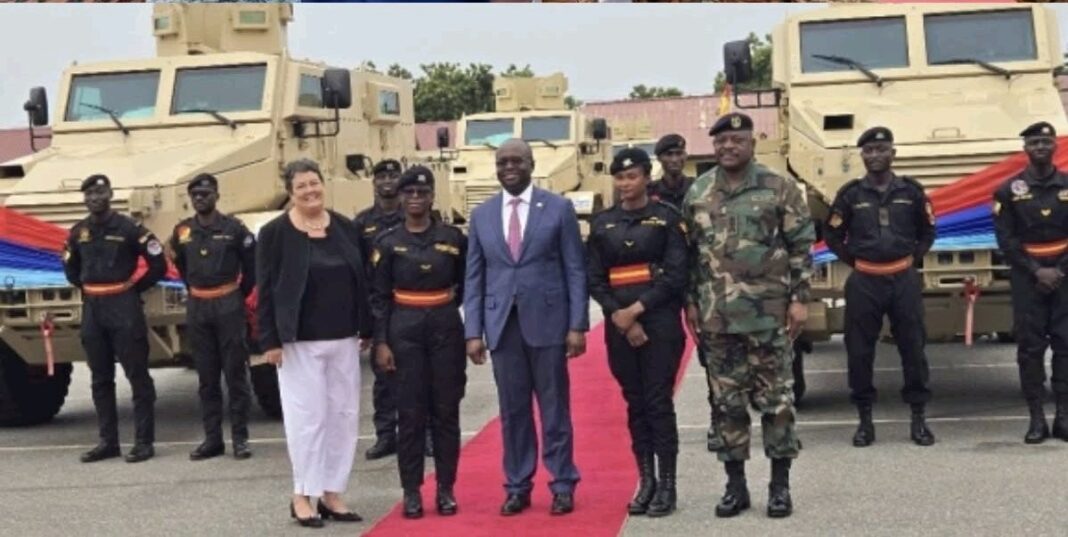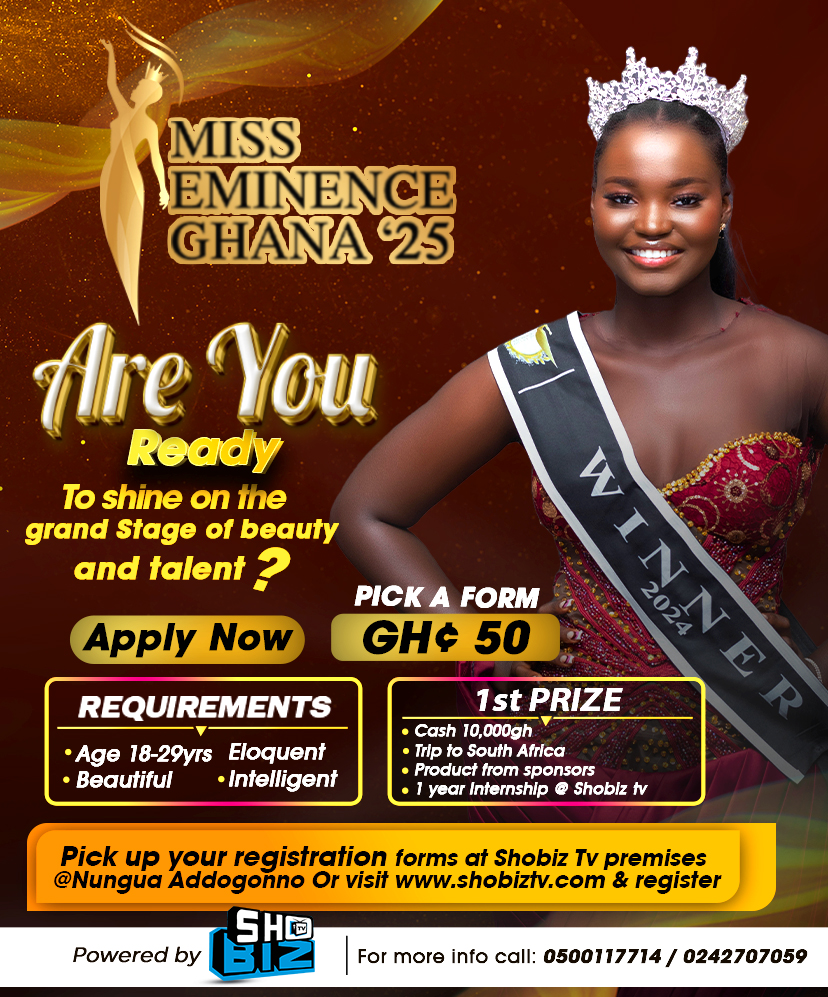A wave of public debate has swept across Ghana following the donation of military vehicles by the United States, with many citizens expressing suspicion and demanding their return.
The concerns have added a twist to what was intended to be a symbol of bilateral cooperation and regional security enhancement.
The United States, through its Ambassador to Ghana, Madam Virginia Palmer, donated 14 Puma M36 armoured vehicles valued at over $6 million to the Ghana Armed Forces. The gesture, according to the U.S. Embassy, aims to bolster Ghana’s capacity in counter-terrorism efforts and strengthen border security, particularly in the northern regions bordering Burkina Faso.
“This donation is a symbol of our enduring partnership rooted in shared values, mutual respect, and a collective commitment to peace and stability,” Ambassador Palmer stated during the official handover ceremony.
However, the announcement has sparked backlash among sections of the Ghanaian public. On social media and radio call-ins, critics raised alarm over what they perceive as a veiled foreign agenda. Many allege that the vehicles could be used in a U.S.-led regional military maneuver targeting neighboring Burkina Faso, where recent political instability has redrawn geopolitical lines.
Some citizens have called on President Mahama’s administration to either return the vehicles or ensure they are not used to advance foreign interests. Others cited concerns about surveillance and tracking capabilities possibly embedded in the equipment. Below are more reactions.
While the government has not formally responded to these public reactions, military officials have welcomed the donation as timely support in the face of growing regional security threats. The controversy underscores the delicate balance between accepting international assistance and maintaining national sovereignty in a geopolitically tense region.
As Ghana navigates its role in West African security, the Mahama administration faces growing pressure to clarify its intentions and reassure a watchful public.












